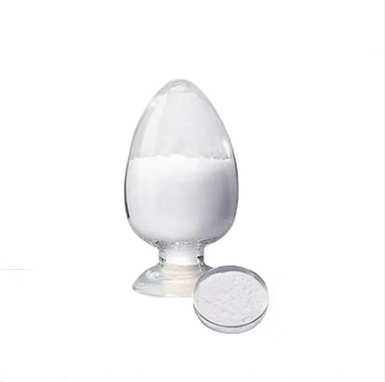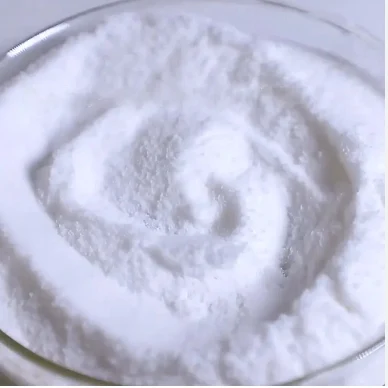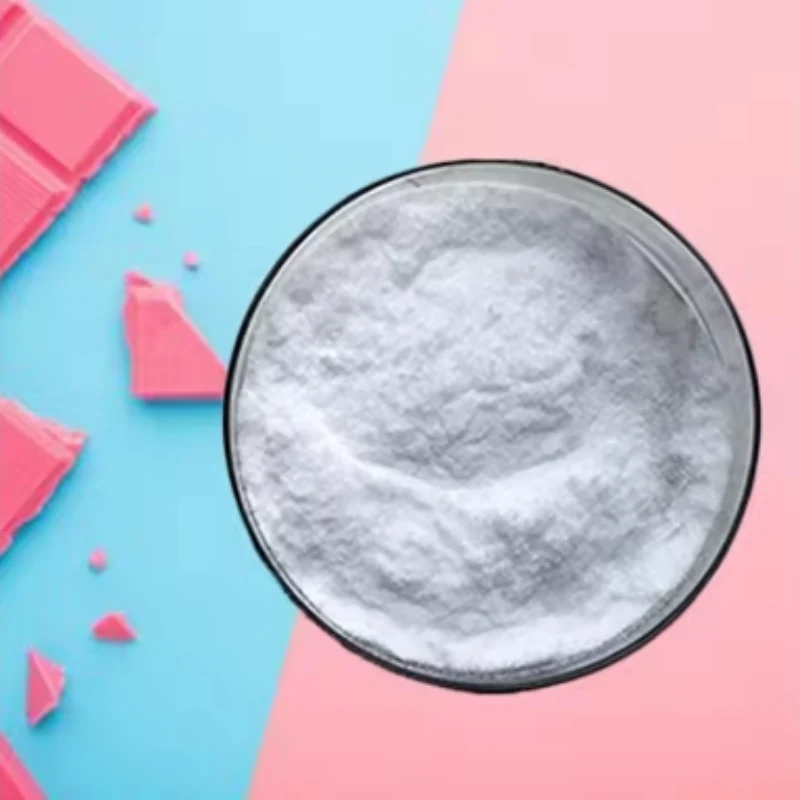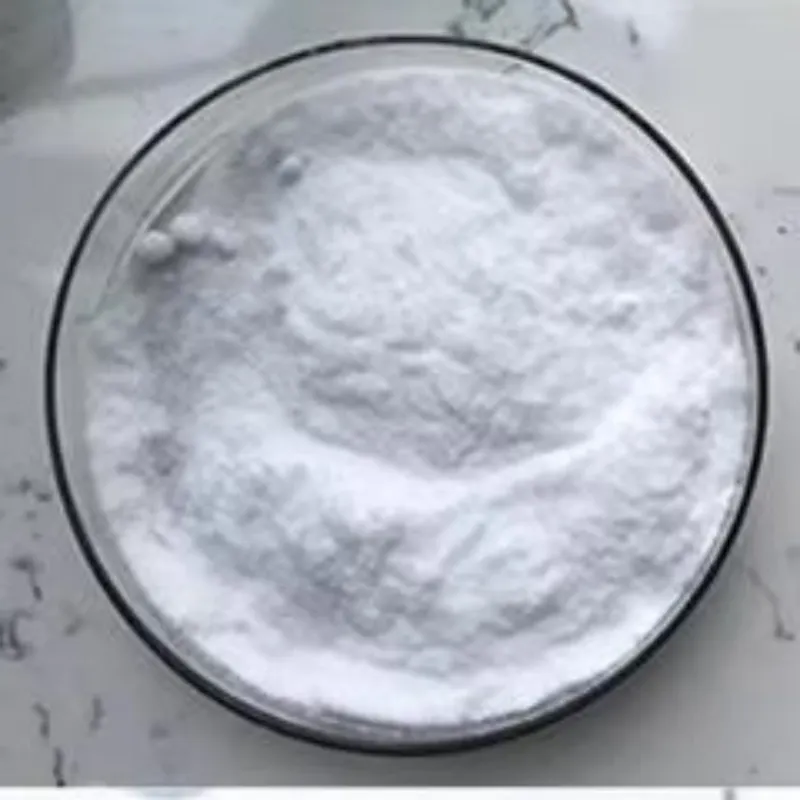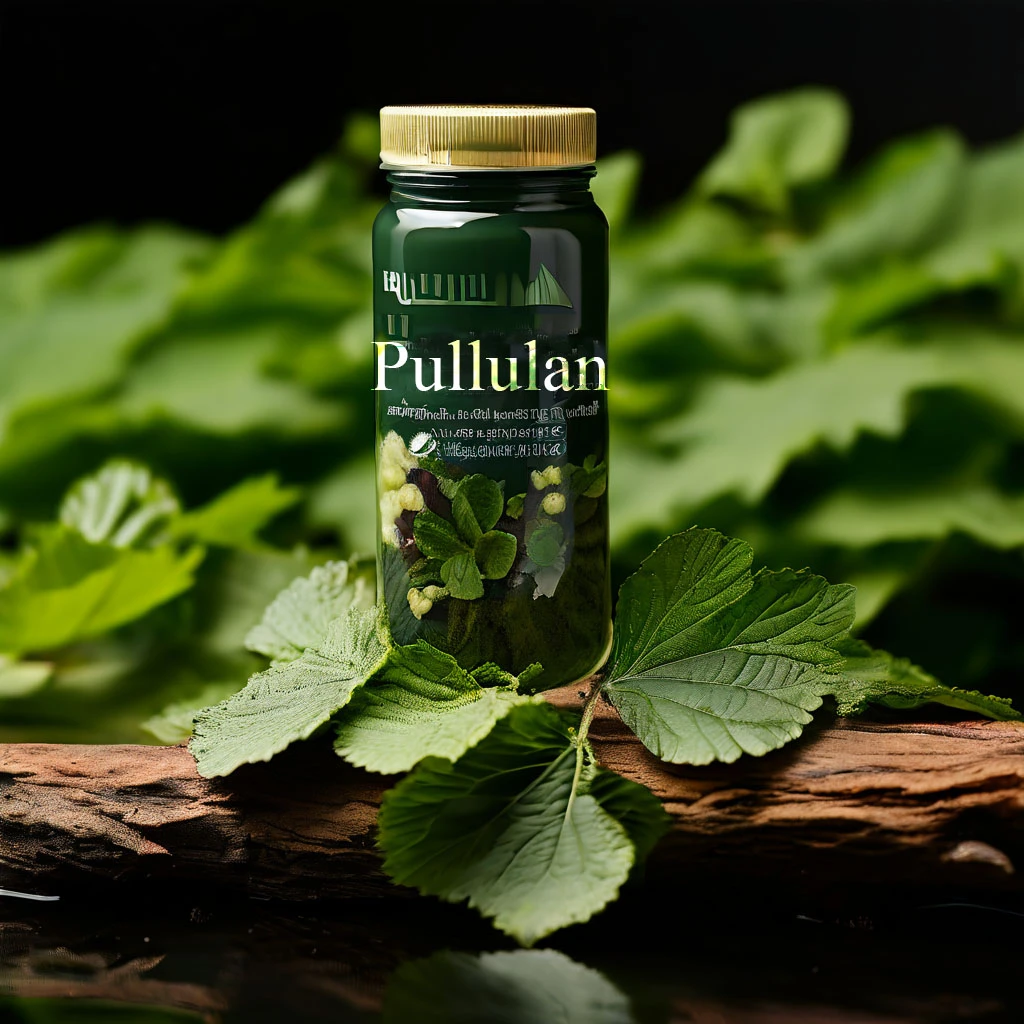Pullulan P2000 and Pullulan P800 refer to specific grades of pullulan, a polysaccharide polymer. The different grades generally indicate variations in the molecular weight and specific applications of the pullulan. Here's a breakdown of each:
Pullulan P2000
Molecular Weight: Higher molecular weight compared to P800.
Properties:
High film-forming ability.
Stronger and more flexible films.
Higher tensile strength and elasticity.
Applications:
Edible films and coatings for food products.
Capsules and tablets in the pharmaceutical industry.
Cosmetic products as a film-former and stabilizer.
Biodegradable packaging materials.
Pullulan P800
Molecular Weight: Lower molecular weight compared to P2000.
Properties:
Good solubility in water.
Lower viscosity.
Suitable for applications where a lower molecular weight is advantageous.
Applications:
Food industry as a thickener and stabilizer.
Ingredient in dietary supplements.
Cosmetic products where a lighter consistency is preferred.
Used in formulations where a lower molecular weight pullulan is needed for specific texture or solubility requirements.
Both Pullulan P2000 and P800 are valued for their non-toxic, biodegradable, and versatile nature, making them suitable for a wide range of applications across different industries. The choice between P2000 and P800 would depend on the specific needs of the application, particularly in terms of film strength, viscosity, and molecular weight.
Specifications
Below is a table summarizing the specific specifications of Pullulan P2000 and Pullulan P800 in English, including values for molecular weight, viscosity, solubility, tensile strength, and other relevant properties.
| Property | Pullulan P2000 | Pullulan P800 |
|---|---|---|
| Molecular Weight | ~200,000 - 250,000 Da | ~80,000 - 100,000 Da |
| Viscosity (1% solution) | 90 - 110 mPa.s | 30 - 50 mPa.s |
| Solubility in Water | Excellent | Excellent |
| Film Tensile Strength | High (50-60 MPa) | Moderate (20-30 MPa) |
| Elongation at Break | High (50-100%) | Moderate (20-50%) |
| Transparency | High | High |
| Biodegradability | Biodegradable | Biodegradable |
| Edibility | Edible | Edible |
| Applications | Food coatings, pharmaceuticals, cosmetics, biodegradable packaging | Food thickeners, dietary supplements, cosmetics, light packaging |
This table provides a clear comparison of the key specifications and properties of Pullulan P2000 and Pullulan P800, helping to determine the appropriate grade based on specific application needs.
Pullulan P2000 P800 pros and cons
Pullulan P2000
Pros:
High Film-Forming Ability: Forms strong, flexible, and transparent films, which are ideal for edible coatings, pharmaceutical capsules, and packaging.
Higher Tensile Strength: The films made from Pullulan P2000 have superior tensile strength and elasticity, making them more durable.
Versatility: Can be used in a wide range of applications including food, pharmaceuticals, cosmetics, and packaging due to its high molecular weight.
Biodegradable and Edible: Safe for consumption and environmentally friendly.
Cons:
Cost: Generally more expensive than lower molecular weight pullulan grades.
Processing: Higher molecular weight can sometimes make processing more challenging, requiring specific conditions or equipment.
Viscosity: Higher viscosity compared to lower molecular weight grades, which may not be desirable for all applications.
Pullulan P800
Pros:
Good Solubility: Highly soluble in water, making it easier to incorporate into various formulations.
Lower Viscosity: Easier to process in applications requiring lower viscosity, such as certain food and cosmetic products.
Cost-Effective: Typically less expensive than higher molecular weight grades like P2000.
Versatility: Suitable for applications where a lower molecular weight is advantageous, such as dietary supplements and light cosmetic formulations.
Cons:
Weaker Films: The films formed from Pullulan P800 are not as strong or flexible as those from P2000, limiting their use in applications requiring high tensile strength.
Limited Applications: May not be suitable for applications that require the superior film-forming properties of higher molecular weight pullulan.
Lower Tensile Strength: Films and coatings may be less durable compared to those made from Pullulan P2000.
Summary
Pullulan P2000 is ideal for applications requiring strong, flexible films and high tensile strength but may be more costly and challenging to process.
Pullulan P800 is more cost-effective and easier to process with good solubility and lower viscosity, but it forms weaker films that may not be suitable for all applications.
The choice between Pullulan P2000 and P800 will depend on the specific requirements of the application, balancing the need for film strength, processing ease, and cost.
